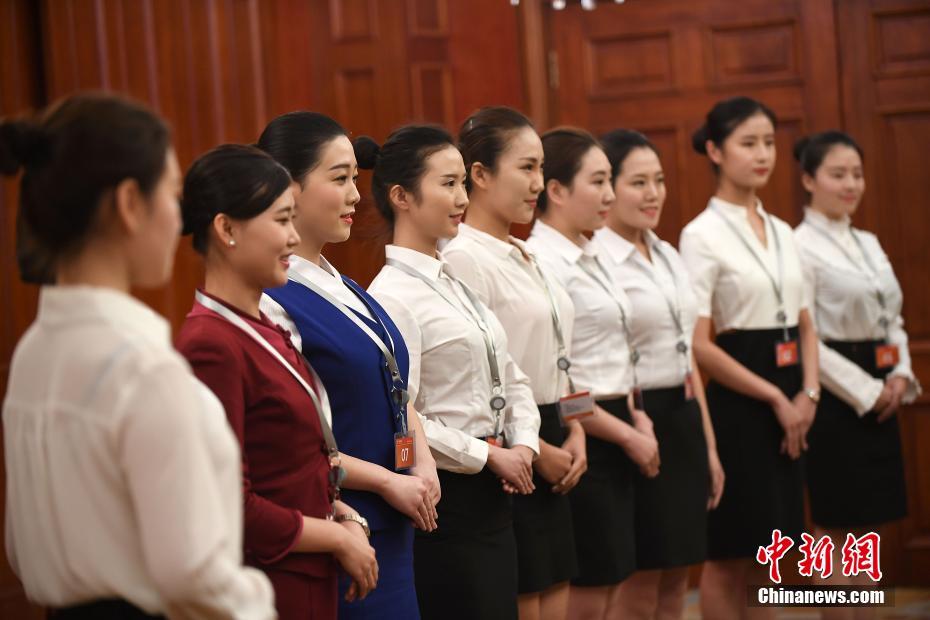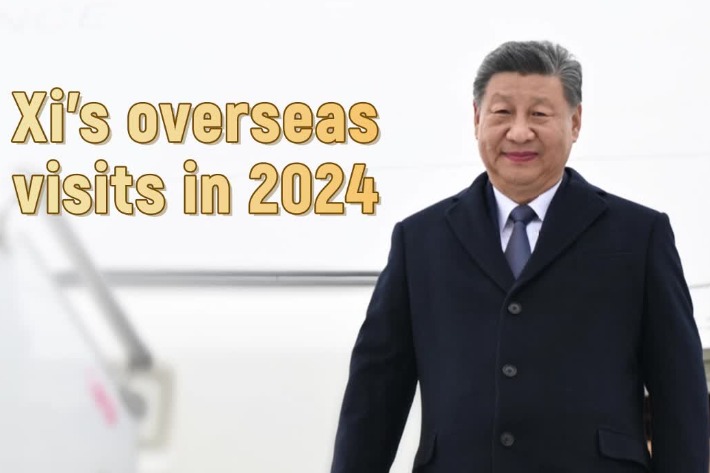Interest in tier-two, tier-three cities grows for young job-seekers

Members of the post-95 generation are increasingly interested in working in tier-two or tier-three cities and they are more willing to work out of interests and hobbies, according to a report released by Tencent and 58 Group, Beijing Morning Post reported Wednesday.
The report focused on job seekers' behavioral characteristics at middle or basic level from 2017 to 2018, revealing the temptation of tier-one cities is dropping. The percentage of post-95s that want to work in tier-two or tier-three cities has increased to 41.3 percent.
Post-95s think highly of "emotional release, self-expression and spiritual freedom" when seeking employment compared to material benefits including salary and welfare.
According to the report, 16 percent of post-95s are willing to leave their own provinces to work. The top five provinces in terms of labor force export are Anhui, Sichuan, Henan, Jiangxi and Hunan, with Jiangxi province contributing the most.

In the first three seasons of 2017, post-95 job hunters occupied 32 percent of the overall crowd, making them the core group in the job-hunting market. Post-95s prefer working in service industries such as Taobao, sales promotion, shop assistance and beauty salon, while other applicants tend to work in sectors such as driver and transportation services, logistics and storehouses, homemaking and security.
According to a white paper of post-95 and post-00 college students' interests released by Yidianzixun and Wuhan University, interests and hobbies have become a main factor in the job hunt.
Fifty-two percent of post-95s want to choose jobs matching with their interests and hobbies, and 18 percent of them regard interests and hobbies as the most important factor.
Referring to consumption behavior, 72 percent of post-95s are willing to pay for their interests and hobbies, while 60 percent of them have already spent a large amount of money on their interests and hobbies.
























